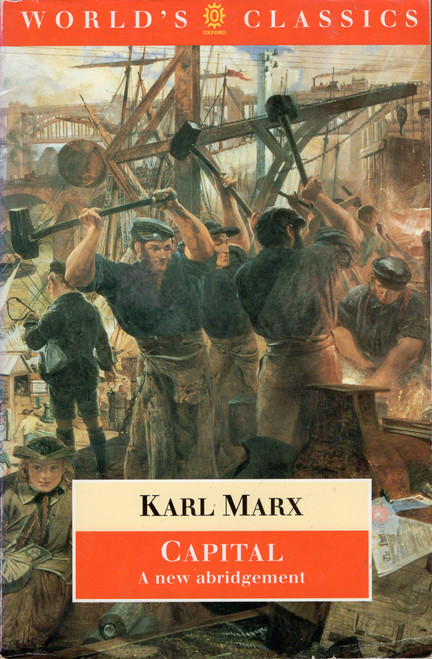Edward Gibbon's Decline and Fall of the Roman Empire compresses thirteen turbulent centuries into an epic narrative shot through with insight, irony and incisive character analysis. Sceptical about Christianity, sympathetic to the barbarian invaders and the Byzantine Empire, constantly aware of how political leaders often achieve the exact opposite of what they intend, Gibbon was alert to both the broad pattern of events and the significant revealing detail. Attacked for its enlightened views on politics, sexuality and religion, the first volume was nonetheless soon to be found 'on every table' and was widely acclaimed for the elegance of its prose. Gripping, powerfully intelligent and wonderfully entertaining, it is the greatest work of history in the English language, and ranks as one of the literary masterpieces of its age.
This abridgement is based on David Womersley's definitive three-volume Penguin Classics edition of the Decline and Fall of the Roman Empire. Complete chapters from each volume, linked by extended bridging passages, vividly capture the style, argument and the architecture of the whole work.
Edited and abridged by David Womersley
About the Author
In 1774, after the death of his father, Gibbon settled in London and was elected to Parliament where he sat for the next eight years, although he never once spoke in the Commons. He also took his place among the literary circles of London. The first volume of his famous History was published in 1776; it was highly praised for its learning and style but incurred some censure for its treatment of the early Christians. The second and third volumes appeared in 1781 and the final three, which were written in Lausanne, in 1788. He died while on a visit to his friend, Lord Sheffield, who posthumously edited Gibbon's autobiographical papers and published them in 1796.
David Womersley teaches at Jesus College, Oxford, and edited Gibbon's The Decline and Fall of the Roman Empire for Penguin Classics.







